Continuing the 10th Session , on the morning of October 28, Secretary General of the National Assembly and Head of the National Assembly Office Le Quang Manh presented the Report of the National Assembly's Supervisory Delegation on the implementation of policies and laws on environmental protection since the Law on Environmental Protection 2020 took effect.
Direct landfilling of waste has decreased but still accounts for a high proportion.
Mr. Le Quang Manh said that environmental protection work has had many changes, achieving and exceeding many important goals and targets set out in the Resolution of the 13th National Party Congress; Vietnam's sustainable development index has increased, ranking first in ASEAN.
Three out of five targets have exceeded the plan set for 2025, including: the rate of collection and treatment of urban solid waste meeting standards and regulations; the rate of industrial parks and export processing zones in operation with centralized wastewater treatment systems meeting environmental standards; and forest cover rate.
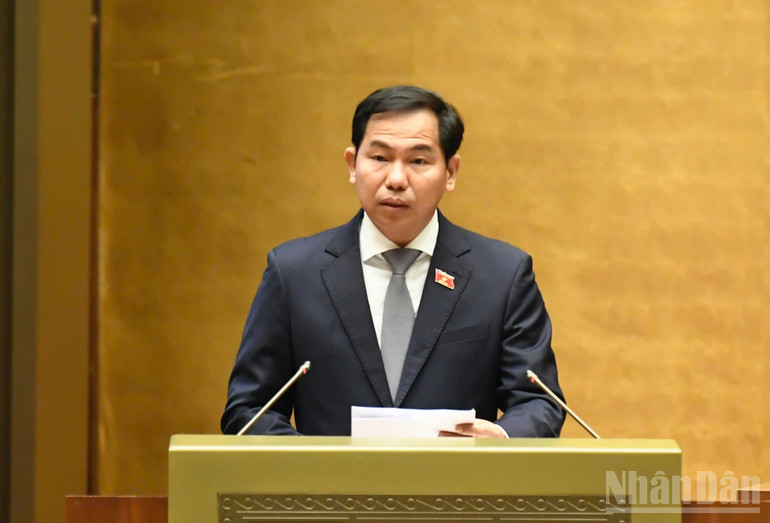
Secretary General of the National Assembly and Head of the National Assembly Office Le Quang Manh presents the Report of the Supervisory Delegation. (Photo: DUY LINH)
State budget expenditure for environmental causes is guaranteed to be no less than 1% of total state budget expenditure and will increase over the years (1.12% in 2024). Socialized resources and investment from enterprises for environmental protection have also seen positive changes.
In the 2022-2024 period, the Ministry of Natural Resources and Environment inspected 812 establishments and fined 348 establishments with a total fine of VND96.7 billion. Localities have fined 14,863 cases with a total fine of VND643 billion. The State Audit conducted 12 audits, pointing out many limitations and inadequacies in environmental management.
Waste management has changed a lot, the rate of collection and treatment of domestic solid waste has increased gradually over the years, reaching 97.26% in urban areas and 80.5% in rural areas by the end of 2024, reducing the form of landfill.
Green transformation in industries and sectors towards the goal of net zero emissions by 2050 is being strongly promoted; the legal corridor for carbon market development in Vietnam has been and is being formed.
In addition to the achieved results, the Monitoring Team also pointed out a number of limitations and shortcomings in the implementation of policies and laws on environmental protection. Accordingly, environmental pollution still occurs and is still complicated, sometimes at a serious level, especially air pollution (due to fine dust) in big cities; the air quality index sometimes exceeds the safe threshold, negatively affecting people's health.
By September 2025, the country still has 38/435 facilities causing serious environmental pollution that have not been thoroughly treated. Although the rate of direct landfill has decreased, it still accounts for a high proportion, and many landfills causing environmental pollution are being treated slowly. The whole country has only 31.5% of industrial clusters and 16.6% of craft villages investing in building centralized wastewater treatment systems that meet environmental protection requirements.
Take urgent measures to improve air pollution in major cities.
Faced with the above situation, the Monitoring Team proposed a number of breakthrough tasks and solutions, emphasizing the promotion of environmental economicization , establishing a mechanism for resource pricing, ecosystem service payments, and improving the effectiveness of environmental tax tools, environmental fees, and emission quotas; thoroughly applying the principle that "those who benefit from the environment have the obligation to contribute financially to environmental protection activities; those who cause pollution, incidents, and environmental degradation must pay, compensate for damages, remedy, and handle them".
At the same time, focus on prioritizing resources from the budget and socialized resources for environmental protection and climate change response, prioritize resources for investment in building essential environmental infrastructure works such as urban wastewater collection and treatment systems, waste treatment; improve and restore the environment of river basins.
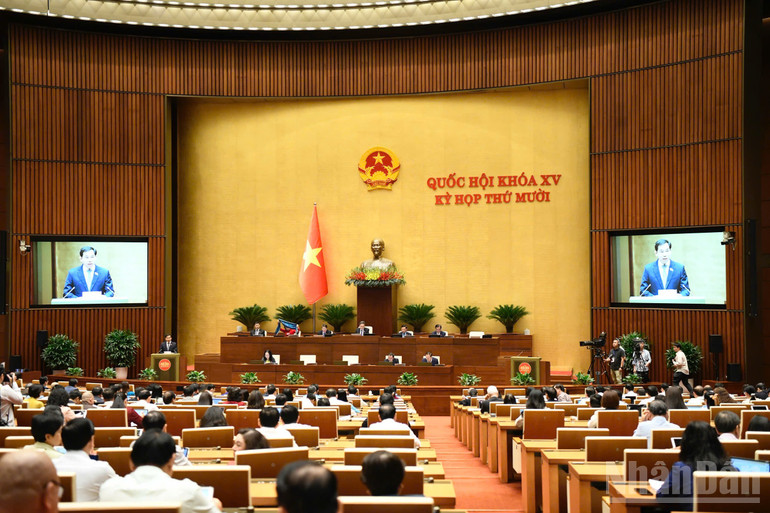
View of the meeting in the hall on the morning of October 28. (Photo: DUY LINH)
Support green transformation activities, reduce greenhouse gas emissions; develop renewable energy sources, new zero-emission technologies, energy storage technologies, carbon capture and utilization through flexible financial mechanisms.
Focus on innovating forms and methods of incentives and support for green investment projects, environmental protection projects and applying environmental, social and governance (ESG) standards suitable to the reality of each locality. Diversify domestic and foreign carbon credit supply sources, with priority given to developing the domestic market.
Another solution proposed by the Monitoring Delegation is to promote the application and development of digital government, digital society, and digital citizens in environmental protection, responding to climate change, especially in waste management, waste source control, and administrative procedure settlement.
The monitoring delegation also recommended summarizing and evaluating the implementation and proposing amendments and supplements to the 2020 Law on Environmental Protection, submitting it to the National Assembly for consideration and approval at the beginning of the 16th National Assembly term. In the immediate future, consider immediately amending a number of articles of this Law at the 10th Session to contribute to unlocking resources and promoting socio-economic development.
Issue and effectively implement the National Action Plan on pollution remediation and air quality management for the 2025-2030 period, with a vision to 2045; immediately implement urgent measures to control, prevent, remediate and improve air pollution in Hanoi and Ho Chi Minh City.
At the same time, the organization established and operated a pilot Carbon Credit Trading Platform , initially forming and developing a carbon market in Vietnam; regulating the rate of greenhouse gas emission reduction results, the minimum amount of carbon credits retained to achieve the greenhouse gas emission reduction target in the Nationally Determined Contribution (NDC) when exchanging and transferring internationally in accordance with each stage and actual situation on the basis of ensuring national interests.
Source: https://nhandan.vn/ca-nuoc-con-38-co-so-gay-o-nhiem-moi-truong-nghiem-trong-chua-xu-ly-triet-de-post918580.html



![[Photo] National Assembly Chairman Tran Thanh Man received a delegation of the Social Democratic Party of Germany](https://vphoto.vietnam.vn/thumb/1200x675/vietnam/resource/IMAGE/2025/10/28/1761652150406_ndo_br_cover-3345-jpg.webp)

![[Photo] Draft documents of the 14th Party Congress reach people at the Commune Cultural Post Offices](https://vphoto.vietnam.vn/thumb/1200x675/vietnam/resource/IMAGE/2025/10/28/1761642182616_du-thao-tai-tinh-hung-yen-4070-5235-jpg.webp)


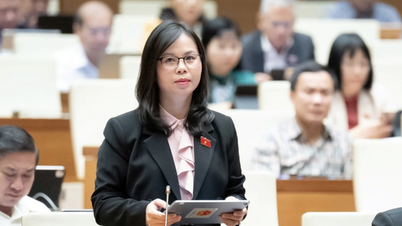

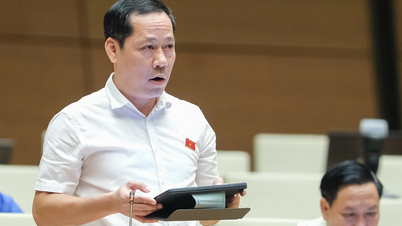

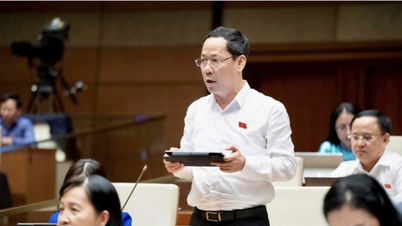

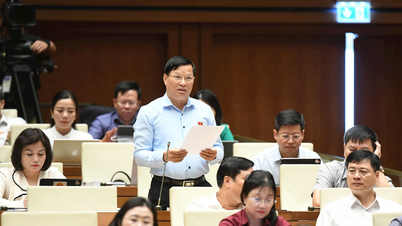
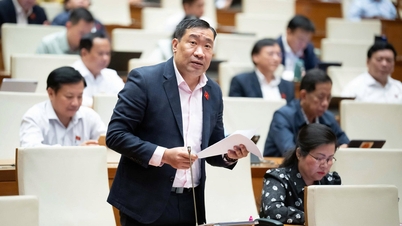

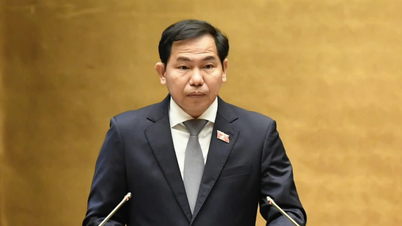

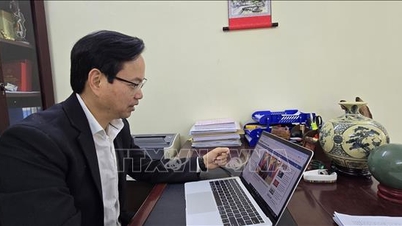

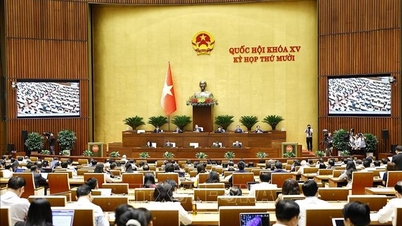
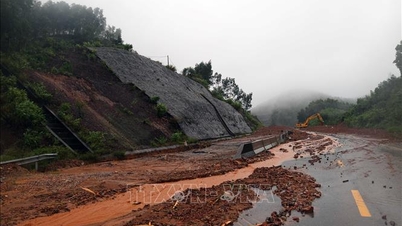
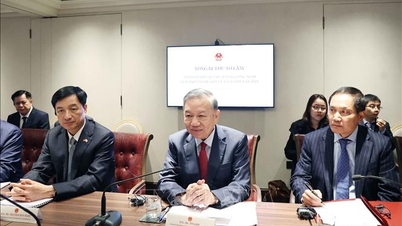

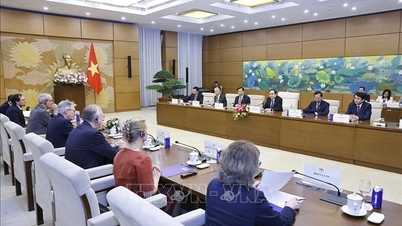




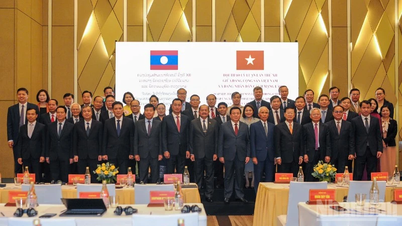
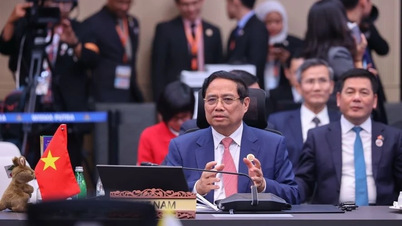

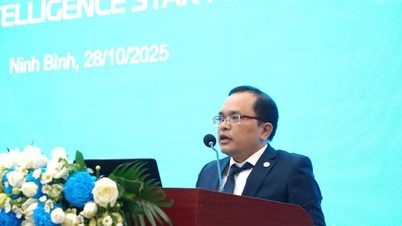

![[Photo] Draft documents of the 14th Party Congress reach people at the Commune Cultural Post Offices](https://vphoto.vietnam.vn/thumb/402x226/vietnam/resource/IMAGE/2025/10/28/1761642182616_du-thao-tai-tinh-hung-yen-4070-5235-jpg.webp)

![[Photo] President Luong Cuong attends the 80th Anniversary of the Traditional Day of the Armed Forces of Military Region 3](https://vphoto.vietnam.vn/thumb/1200x675/vietnam/resource/IMAGE/2025/10/28/1761635584312_ndo_br_1-jpg.webp)































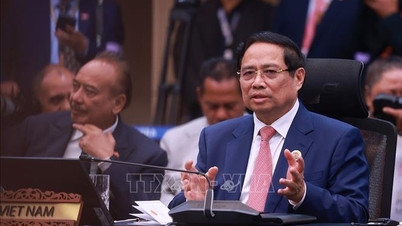




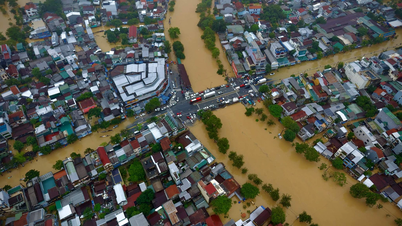



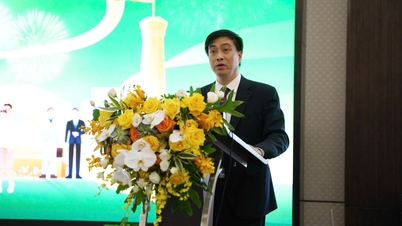




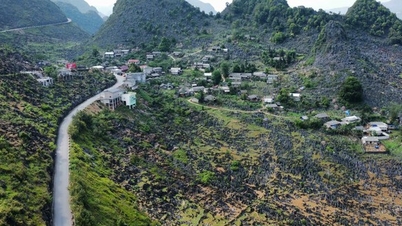

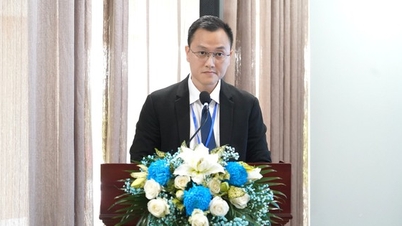








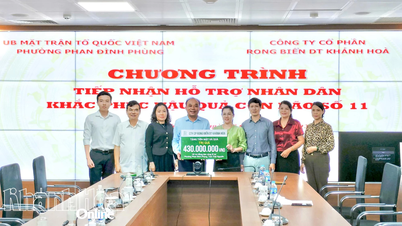

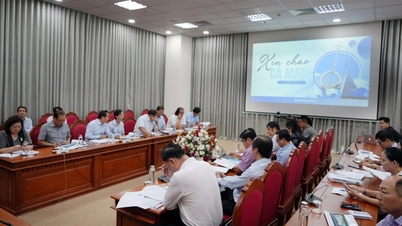















Comment (0)